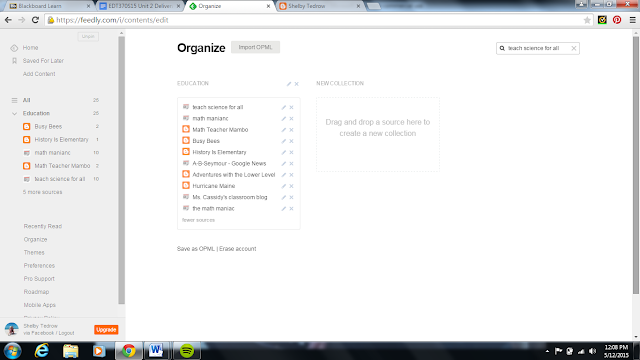The
article regarding Dale’s cone of experience was very eye opening to me. I have
heard a lot of debates about Howard Gardner’s multiple intelligences in my
college courses and how it isn’t very credible, so I have already dismissed its
effectiveness. I haven’t spent a lot of time researching and studying Dale’s
cone of experience, but I have heard a bit about how we remember 10% of what we
read, 20% of what we see, etc. Truthfully, I have never questioned these
numbers, but after reading the article I definitely question them. Dr.
Thalheimer brings up an interesting point, that if these numbers were true, how
did they all come out to be multiples of ten?
I
agreed with all three articles. I think the research presented was valid and
provided a strong argument for why these are myths. As for learning about these
myths in my college courses, my professors have presented information that
aligns with these articles. In my psychology classes, my professors lectured
about how Howard Gardner’s intelligences are not justifiable. I haven’t really
covered Dale’s cone of experience in my recent courses, however, I remember
teachers talking about the percentages back in high school.
I
definitely think that in our future professions, we will be faced with arguing the
various myths we learned about in this course and our other courses. Especially
if you are dealing with a principal or teacher who has been in the field for a
long time, they might not be as familiar with the recent research findings as
we are. I think it is important to present colleagues with the information and
the research when arguing your point of view. If you can back up your stance
with research, your colleague might be more open to consider the opposing side.

